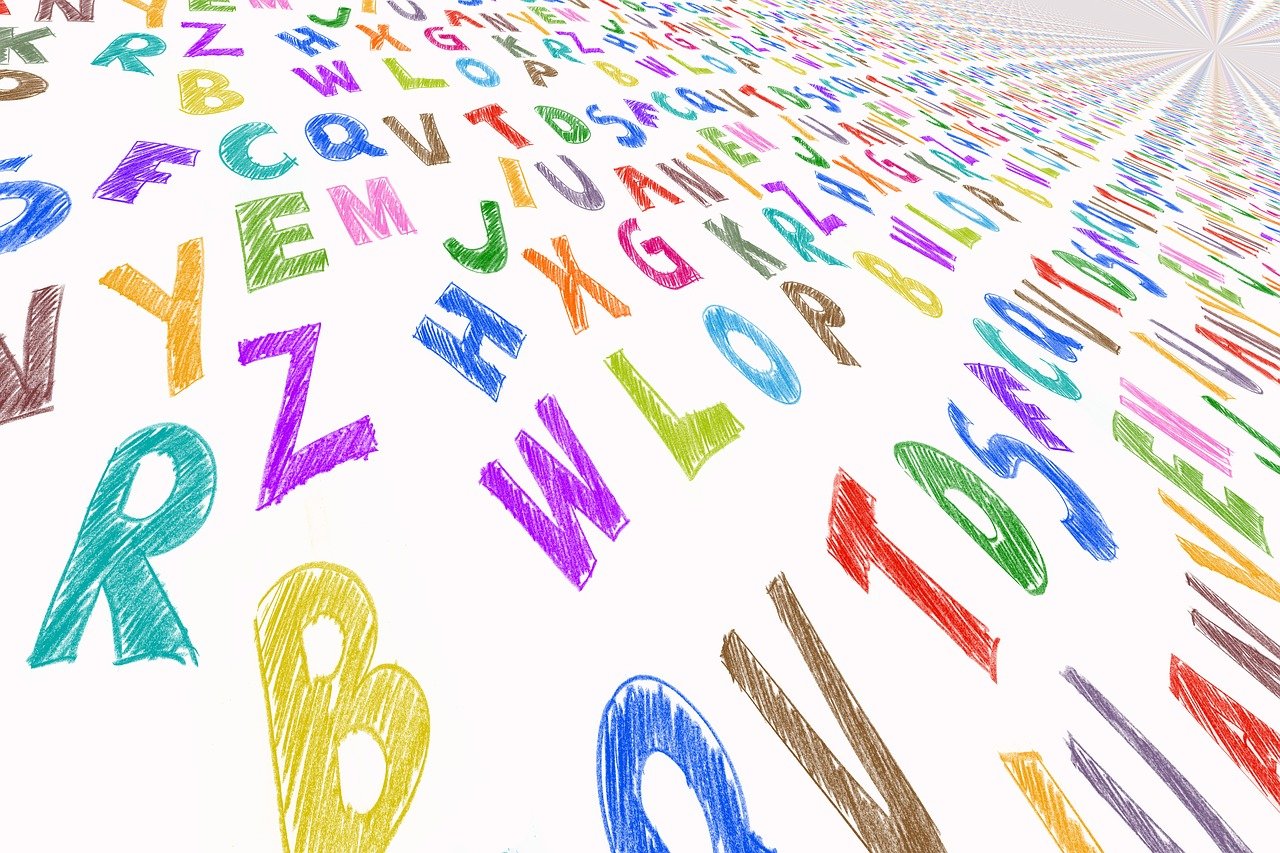Beyond Entertainment: Crafting Education Narratives
Educational narratives hold an important place in the literary world. Let's look at crafting educational content that goes beyond entertainment in books.
Why Books With Educational Value Are Important
Why should we ever venture beyond entertainment in books? Reading is an enjoyable activity for so many, so isn't it enough that we just get entertainment? There's nothing wrong with books written to be read purely for enjoyment, but there is a place for books with educational value alongside them.
Educational narratives are imperative to helping us grow our understanding of the world we live in. Books are a pivotal tool in shaping our minds and, in particular, inspiring youth. Well-crafted educational content can change the way we think and provide us with a call to action.
Books are an especially good tool for providing a voice to people who don't usually get heard themselves. In fact, we can learn a lot about marginalized people through what they write. Take for example, indigenous cultures. In New Zealand, there have been efforts to promote the Māori culture over the past few decades, which has led to more books from the indigenous people of New Zealand being written, which in turn allows us to learn more about the history of the Māori people. The same can be true for other indigenous peoples from cultures that have been heavily marginalized.
On the topic of people being marginalized, books can help get across the types of injustices and societal issues faced by people across different demographics in our communities. Educational literature informs us about topics such as racism, class struggles, sexism, and mental health problems. By reading from different perspectives on these topics, we can learn more about our communities.
Aside from societal issues, we can also learn a lot about the world around us from educational books. Literature that covers scientific areas can help us learn about how the world works around us. Educational books can teach us about the other animals we share our planet with, the scientific forces at play in our everyday lives, and why things are the way they are on Earth and beyond. Reading educational books that cover scientific wonders can inspire us and actually boost our imaginations.

Humans are, by nature, curious species. That's how we have evolved into intelligent animals that have explored the whole planet. No time spent learning is ever wasted, and educational books are a vital part of learning for people young and old.
Putting Together Educational Narratives
So, how exactly can you start crafting educational content? When it comes to getting across your point in educational narratives, the following is a good technique:
- Say what you are going to say.
- Say it.
- Say what you said.
That might sound a bit vague and repetitive, so let's break it down. The first part basically means you introduce your point; it's like saying, "This is what I am going to talk about." The third part is summing up your point: basically, "This is what I have just said." So, at the start, you introduce the idea, and at the end, you sum it up. In the middle, you are basically explaining whatever it is you are talking about.
Keep in mind as well that going beyond entertainment in books doesn't mean you can't work in pieces of fiction. When you write educational narratives, you can get your point across through fictitious stories. This is a very effective way of teaching children about topics such as science and space. Think about the types of books you may have seen in the children's section of a bookstore. There were probably books that featured someone going on an adventure and learning about a new place. While the details of the story are imaginary, the book still teaches the child about real-life experiences. These children's stories are examples of books with educational value that get their message across in a creative way through storytelling.

Tips for Crafting Educational Content
Here are 5 things to consider when writing educational narratives and going beyond entertainment in books.
- Include a glossary or some kind of section where you explain terms that come up in the book. This is particularly important if the book covers scientific subjects. A good way of doing this may be to have a page at the start of each section with a list of terms that are going to come up. That way, the reader already has some understanding of what they are about to read, and if they get lost, they can read back over the glossary.
- Consider the level of knowledge and understanding your target audience for the book will have before reading it. If you are writing for a more advanced audience, then you don't need to spend as long looking at the very basics. However, if your target audience is people who are completely new to the subject, you will put more focus on building a foundation of knowledge. Another consideration for your target audience is the age of your reader. Your book will look different if it is written for children than if it is written for adults. For children, you will use simpler language than an older audience.
- Make good use of diagrams and illustrations. It can be difficult for people to get their heads around complicated concepts, so visual aids are a great help. Make sure any diagrams are clearly labeled. Visual aids need to be clear and easy to understand. In addition to this, they need to be relevant to the text.
- Use the industry language. This is basically a fancy way of saying you should use the type of language that is specific to your subject. Different subjects will have terms that come up regularly. For an educational book to be informative, it needs to be written in the type of language that someone in that field would use.
- Master the topic yourself before you write the book. If you are crafting educational content, then you need to essentially be able to teach the subject you are writing about. And in order to teach, you need to have a really high level of understanding of the topic. It's necessary to know more about the subject of the book than the potential reader.

In Summary
Educational narratives are eye-opening to readers. Books with educational value allow us to grow intellectually and in our own imaginations.










